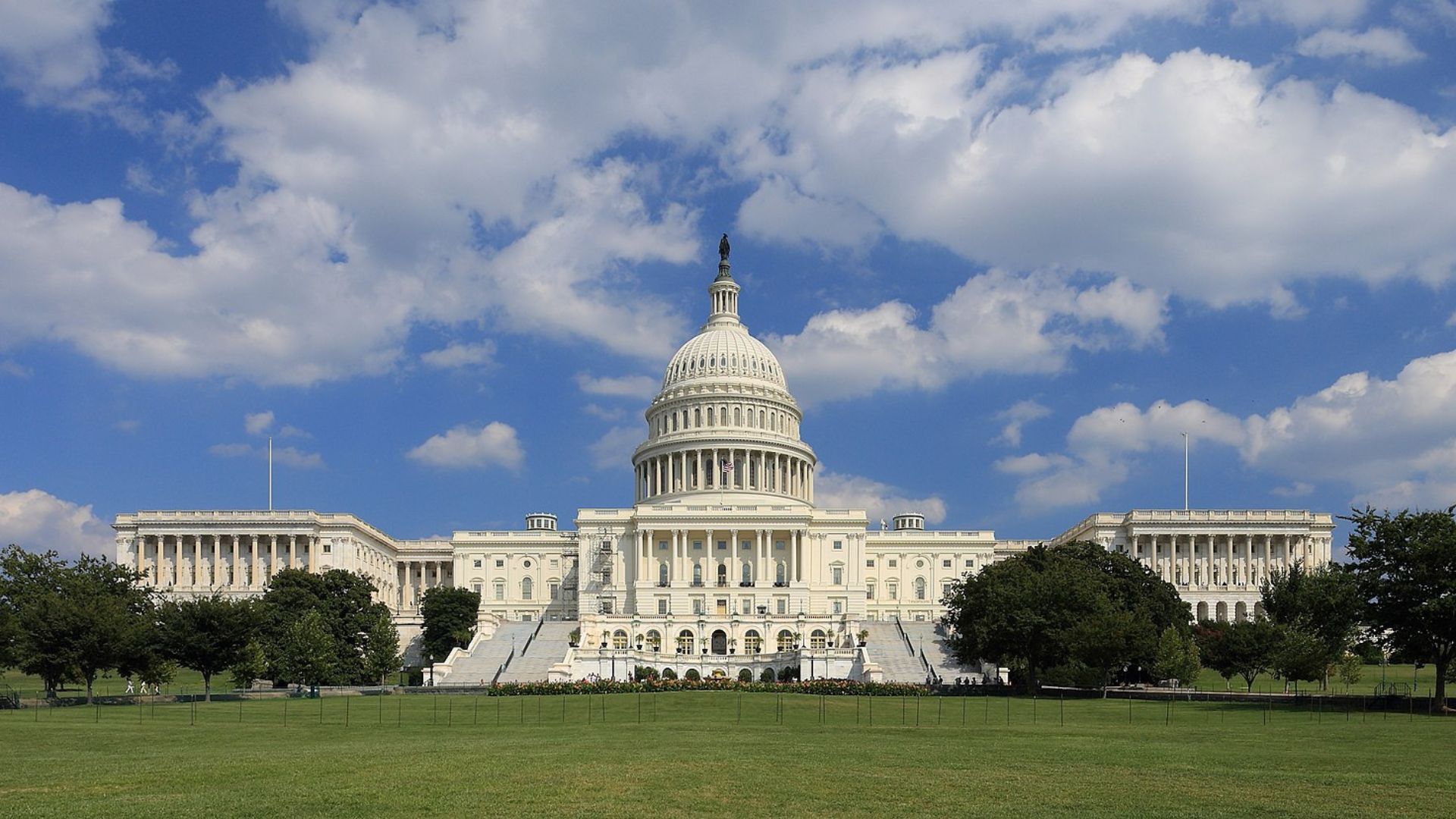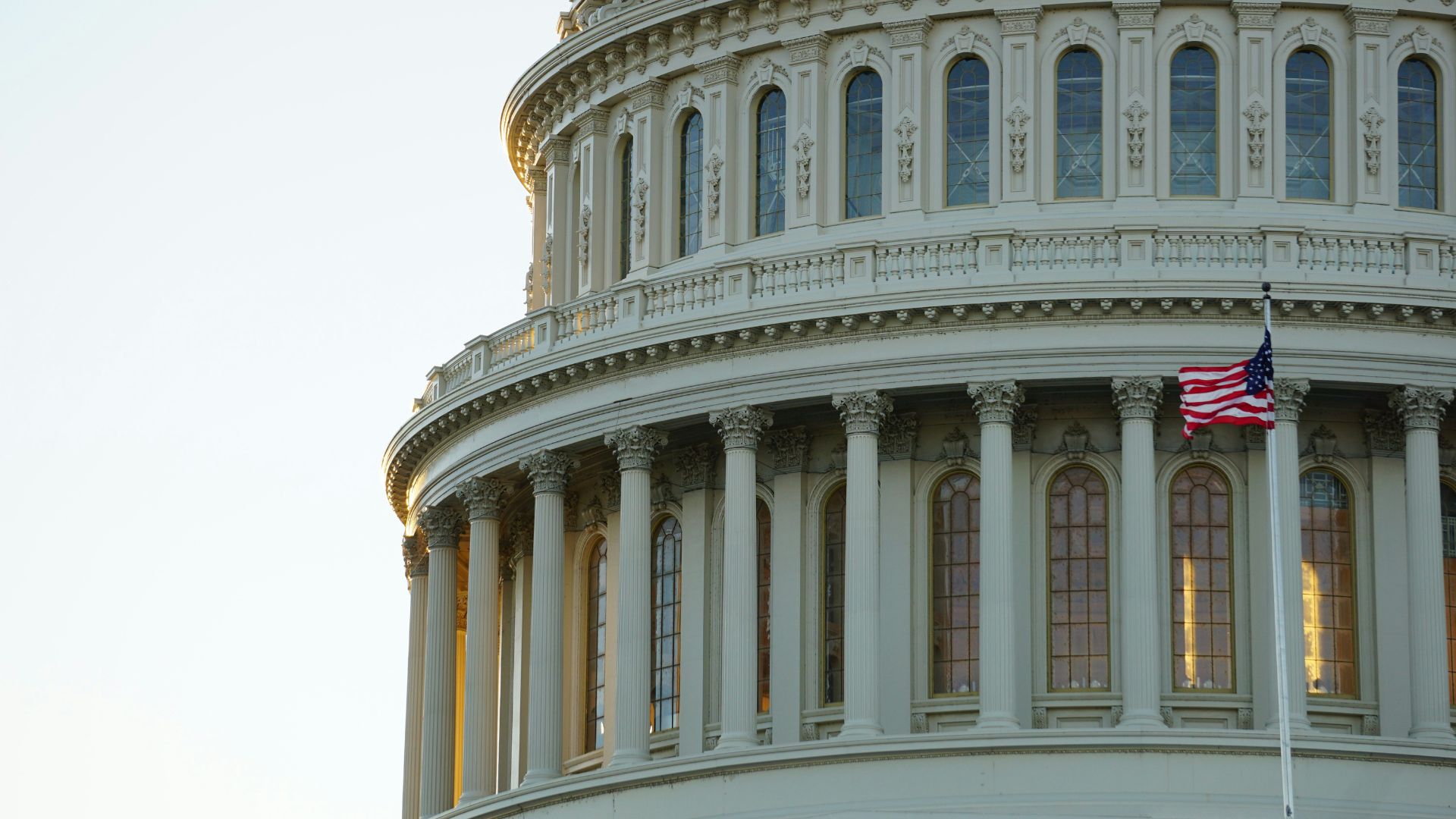Rarely do we witness bipartisan unity in Congress, yet Senators Maria Cantwell and Cathy McMorris Rodgers have bridged the political divide.
Representing Washington state, these lawmakers from opposite parties are confronting a critical issue: safeguarding personal data privacy. Their collaborative proposal stands to revolutionize privacy protection, establishing it as a fundamental right for Americans.
Uniting Opposites for a Common Cause

Far from a typical partnership, the collaboration between Cantwell and McMorris Rodgers marks a significant moment of agreement in a typically polarized Congress.
They have come together, drafting legislation aimed at protecting personal information from misuse, AP News reports.
The Power Players Behind the Proposal

When the chairs of the Senate Commerce Committee and the House Energy and Commerce Committee come together, you know something significant is in the works.
Senator Cantwell and Representative McMorris Rodgers are leveraging their hefty roles to champion a cause that affects everyone who’s ever been online.
Resolving Long-standing Disputes over Privacy

Congress has been at a crossroads for years, trying and failing to agree on how to safeguard our digital breadcrumbs.
The proposal put forth by Cantwell and McMorris Rodgers is a step toward securing the much-needed safeguarding of personal data, bringing hope to countless Americans concerned about their digital footprint.
Prioritizing Consent in Data Practices

An era where companies have unrestrained access to personal data is on the verge of ending.
Emphasizing the necessity of consent, the legislation requires companies to obtain explicit approval before gathering or sharing personal information. Ensuring individuals are informed and empowered to manage their data is at the core of these reforms.
Eliminating Bias and Enhancing Corporate Responsibility

Addressing algorithmic bias head-on, the legislation mandates fair and unbiased data processing.
It also compels companies involved in personal data transactions to register with the Federal Trade Commission, introducing a new level of responsibility and oversight in the industry.
Empowering Individuals Over Their Data

Envision being able to dictate how your data is used, including opting out of targeted advertisements.
The essence of the proposal is to return control over personal information to individuals, marking a significant leap toward upholding digital consumer rights.
The Data Privacy Bureau

To make sure these rules aren’t just empty promises, the plan includes setting up a new bureau within the Federal Trade Commission focused solely on data privacy.
This bureau would be the watchdog of the digital age, making sure companies play by the rules as technology continues to evolve.
Harmonizing Federal and State Privacy Laws

Rather than overshadowing state laws, the proposed federal legislation seeks to complement existing state-level protections for financial, health, and employee data.
The aim of this strategic approach is to create a unified framework for privacy protection across the nation.
Navigating the Legislative Path

Even with strong backers like Cantwell and McMorris Rodgers, this privacy bill’s path through Congress is far from guaranteed.
It’s a promising start, but turning this proposal into law will require a groundswell of support from both political parties and beyond, AP News notes.
An Unprecedented Collaboration in Privacy Law

This collaboration is the first instance of the Senate and House Commerce Committees uniting over privacy legislation.
Their joint efforts could potentially pave the way for a landmark advancement in the protection of personal data within the United States.
Advocating for a Comprehensive Privacy Standard

The momentum for a comprehensive federal privacy law is building, driven by increased scrutiny of how personal data is managed by technology companies.
Offering a holistic approach to privacy, the proposal seeks to establish uniform protections, signaling a shift towards more robust privacy rights for individuals.
